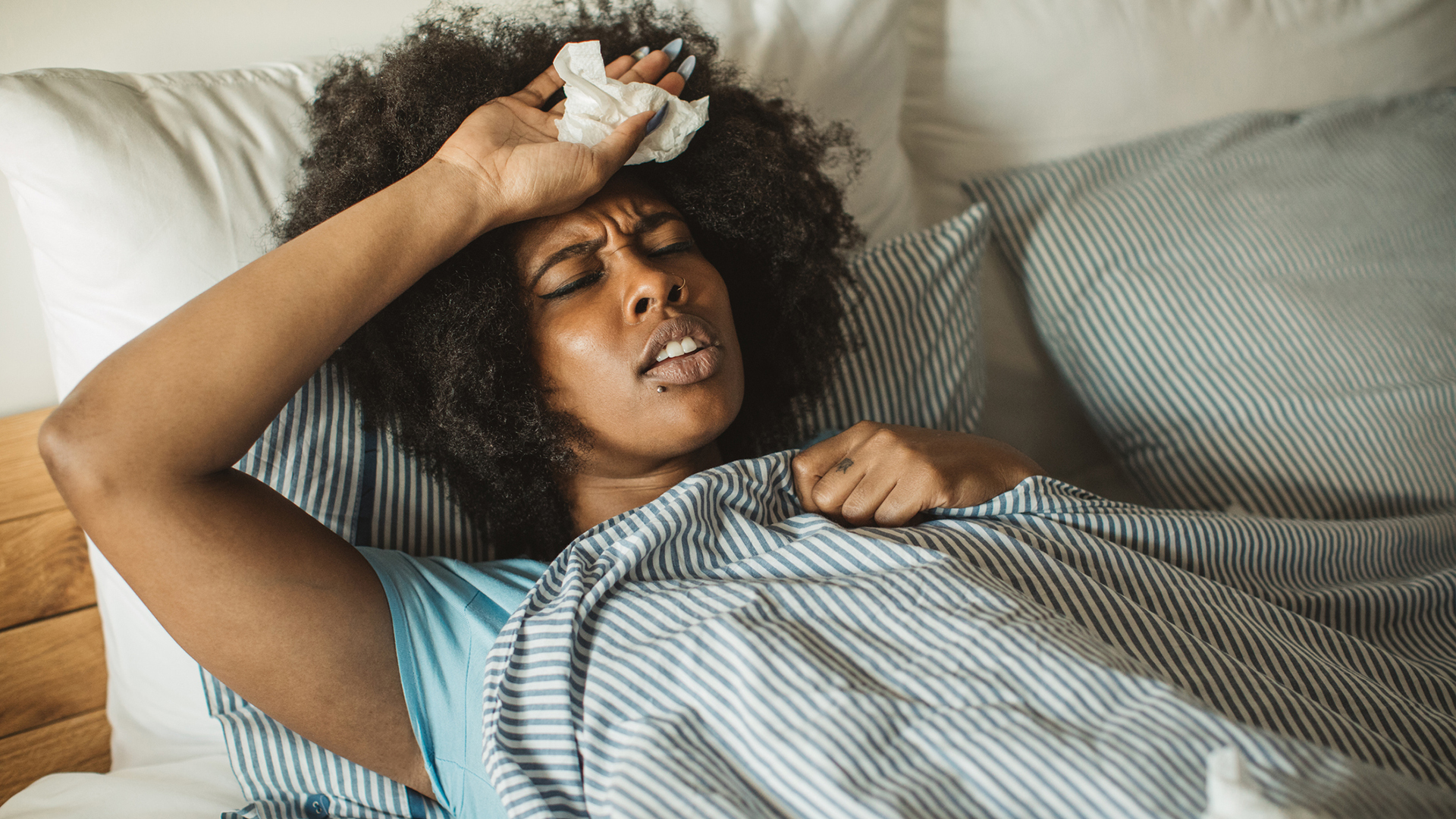Taking control and staying on top of your health has never been more important than it is today. And this is a sentiment that we believe Sherese Powers, a 32 year old licensed practical nurse and mother of two from Columbia, South Carolina, would agree with.
Back in 2020, Powers began suffering from debilitating chest pain which felt like a “terrible heartburn.” In an interview with Essence, she explained “when they would come, they would last for about an hour or so, and they were excruciating pain.” But since Powers had an eleven year long career in the medical field, she knew that the chest pains couldn’t be a sign of a heart attack. Still, she recalls that she “just knew that something wasn’t right.”
Powers explained the chest pain to her doctor, and although she had lab tests conducted, her results, surprisingly, came back normal. This led her doctor to simplify her chest pains to “anxiety attacks stemming from the stress of being a single parent working and in nursing school full-time.”
Though this explanation briefly calmed her, soon after Powers began also having bladder issues where she noticed that her bladder would be “abnormally full.” After visiting a urologist, they still couldn’t target the reason behind the issue, and Powers continued taking Tylenol and Aspirin to manage her chest pain.
Finally, one morning Powers would get dropped off at a hospital to take a COVID test for work.
She recalls, “I don’t remember being dropped off. Apparently, by the time I got to the emergency room, I had already completed the cycle of having a massive heart attack.” Two and a half months later, Powers would wake up from a medically induced coma.
Afterwards, Powers would undergo open heart surgery which required her to have a heart pump “implanted” into her body to keep her alive. Then, after being released from the hospital, she would partake in physical therapy to learn how to walk again.
Reflecting on this terrible health scare has led Powers to conclude that, “there were steps that could have been taken to prevent this. I could have had something less severe than this but no one listened to me. I went to an emergency room, I’ve been to my primary doctor, I’ve been to a urologist, I’ve been to cardiologist and no one wanted to listen to me. And this is what happened. I could have died.”
Today, Powers has to use Abbott’s HeartMate3 left ventricular assist device, which weighs approximately six pounds and follows her everywhere, to help pump blood from her left ventricle to the rest of her body. Despite her medical battle, she was able to complete her nursing studies and now works at a long-term care facility, hoping to save lives by sharing her story.
“Listen to your body. Go get help, seek help, get regular checkups. Just because you don’t have a family history of something, don’t think that it can’t start with you… If you feel in your heart that something is wrong when something isn’t right, seek a second opinion, a third opinion, do whatever you have to do to get answers that you need because it's your life.”
Did you know that February is Heart Awareness Month? Here’s four ways that you can help spread knowledge about the impact of cardiovascular disease.
